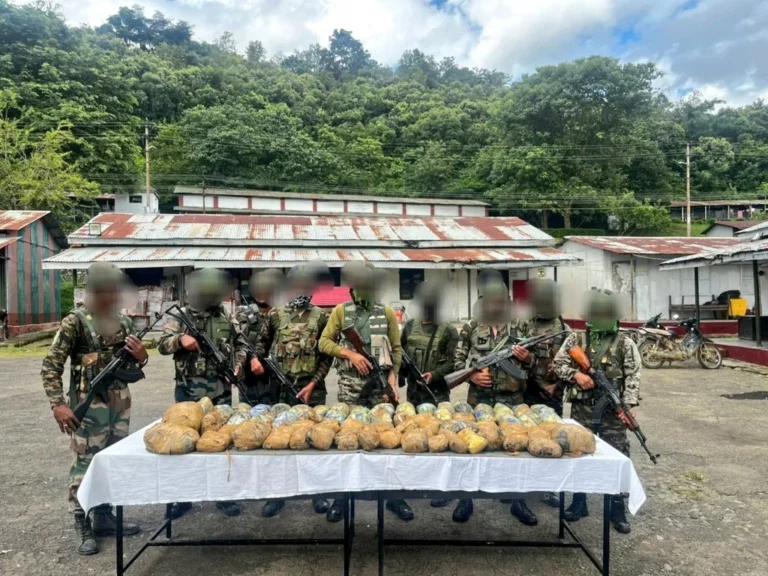Manipur Traffic Police Detain 120, Slap ₹1.28 Lakh in Fines Within 24 Hours
Summary of the News
In a robust traffic enforcement operation, the Manipur Traffic Police ramped up its statewide crackdown and, within a 24-hour window, detained around 120 vehicles, issued 77–120 challans, and collected ₹1.28 lakh in fines. These measures targeted routine violations like missing documents, illegal tints, and absence of number plates. The aim? To bolster road safety, secure state revenues, and reinforce the rule of law on Manipur’s roads
Introduction: Why a Traffic Crackdown Matters
Isn’t it fascinating how something as simple as traffic enforcement can ripple through daily life? Picture dusty highways across Manipur, lined with buses, bikes, and trucks rumbling under the northeast sun. Now, imagine officials stepping up—increasing checkpoints, stricter document checks, and heavier fines. That’s exactly what the state’s traffic police did recently, transforming mundane law enforcement into a high-impact public safety initiative. In just 24 hours, they detained more than a hundred vehicles and slapped fines totaling ₹1.28 lakh. But this isn’t merely about money—it’s about responsibility, accountability, and the transformative power of disciplined enforcement.
The Operation at a Glance
What Happened?
On June 29, 2025, police across Manipur launched a targeted traffic regulation blitz. The result?
- Detained vehicles: ~120 (two-wheelers and other vehicles)
- Challans issued: 77
- Fines collected: ₹1.28 lakh
These measures addressed violations like lack of registration documents, missing number plates, and illegal tinted windows. The strategy was straightforward: consistent checks and firm penalties.
Part of a Larger Pattern
This enforcement action is no isolated event. Consider the recent trends:
- June 24–30: 398 e-challans, ₹6.94 lakh collected
- July 1–3: 193 challans, ₹3.27 lakh
- July 3 alone: 88 challans, ₹1.42 lakh
- July 11: 67 challans, ₹1.21 lakh in 24 hours
- June 26–27: 102 challans, ₹2.20 lakh collected within two days
The message is clear: enforcement isn’t sporadic—it’s strategic, sustained, and systematized.
Final Thoughts: Small Actions, Big Ripples
The ₹1.28 lakh in fines might seem modest, but the ripple effect is huge. It symbolizes a shift from lax oversight to proactive governance. It’s also a message: rules are equal for all—no exceptions. And when rules are followed, roads become safer, journeys smoother, and communities stronger.
So next time you drive through Imphal or its outskirts, think of those checkpoints and flashing officers. They’re not just collectors of fines—they’re guardians of safe passage. And remember: buckle up, carry your docs, stay legal. In the grand narrative of road safety, every courteous turn and every legal check adds up to something powerful.
Frequently Asked Questions
- Why did Manipur Police intensify traffic checks now?
The rise in vehicles and traffic violations, coupled with growing safety and revenue concerns, prompted a renewed crackdown supported by digital e‑challan systems and coordinated checkpoints. - What’s an e‑challan and why does it matter?
An e‑challan is a digital traffic ticket recorded electronically. It ensures transparency, reduces corruption, and tracks violations efficiently. - What violations are most commonly penalized?
Commonly penalized offences include absence of registration papers, missing or obscured number plates, illegal tinting, and lack of insurance or license. - How are the collected fines used?
Fines support road maintenance, traffic management programs, enforcement infrastructure, and public awareness campaigns—transforming fines into public good. - Will the enforcement continue?
Yes. Manipur Police plan sustained, data-driven enforcement, supplemented by public education, to build a lasting culture of road safety.




